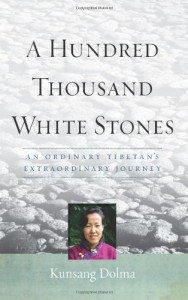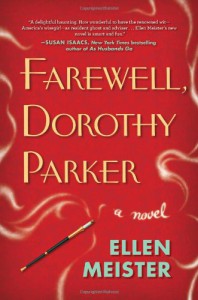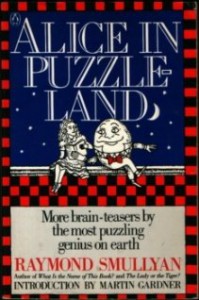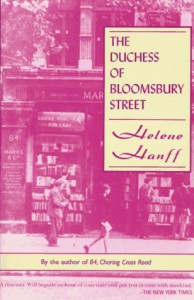
I received a free ARC of this book via NetGalley.
For many of us in the West, we know little of Tibet aside from the Dali Lama. If we're studying Buddhism we might have read something by a Tibetan, but most of us have had no experience of regular Tibetans. Kunsung Dolma has written a book which therefore represents a seldom-heard and important voice.
The book details her childhood in Tibet, her flight from Tibet to India, and her eventual arrival in America. It's a harrowing journey, and Dolma describes it movingly.
The story is told in a very straightforward manner, which seems to fit well with what she tells us about herself and about Tibetans generally. I was fascinated by the portrait she paints of the differences between Tibetan and Western cultures. That aspect alone would be enough for me to recommend the book.
I had a few complaints about the book, but they didn't detract from the value of the book. The longest single section concerns the many frustrations she and her husband faced while trying to get her a passport and visa while in India. It was a gruelling process. Unfortunately, by describing so many of the run-ins they had with corrupt officials, lawyers and judges, I eventually became a bit numb. Which, of course, made me feel like a horrible, heartless person. I would have preferred to have read some fewer examples of the corruption, along with information about how long the process took, rather than a rehash of every encounter. Which leads to one of the next problems I had with the book.
Dolma tells us early in the book that Tibetans don't have much use for things like calendars; she's not sure when, exactly, she was born. The lack of time reference becomes quiet apparent throughout the book. We learn that some waits or journeys take a a month or whatever, but there's very little overall mention of time. It would have been easier for me, a Westerner, to relate to if I had a better sense of how much time was passing in total, for example that the entire passport/visa debacle took a total of X months or years, or the age at which she left Tibet. This lack of time reference brought home for me the difference between us in terms of our attention to the passage of time, and as a result I felt that I had a better understanding of Tibetans. But since the book seems to be aimed at Westerners, it might be a more palatable with more information about the passage of time.
I never thought I'd want more foreshadowing in a book, but I did with this one. As I mentioned, it's very straightforward, and her life story is told in chronological order. I was intrigued by her story and wanted to read more, but I noticed that even a little bit more foreshadowing would have kept me reading more avidly. When she left her mother in Tibet, if she had said, "It would be twelve years before I saw my mother again," I would have been anxious to find out what went on in the intervening years.
This might be an overly critical review. It's certainly a book well worth reading, and I recommend it.
 Anne Lamott writes so personably. She brings us in close, shares a cup of tea with us, and invites us into her world. And it's a wonderful world to be part of. She writes about her faith journey from start to struggle. She's real, and also filled with faith and joy in her faith.
Anne Lamott writes so personably. She brings us in close, shares a cup of tea with us, and invites us into her world. And it's a wonderful world to be part of. She writes about her faith journey from start to struggle. She's real, and also filled with faith and joy in her faith. 











 1
1





